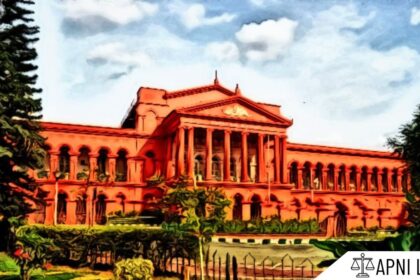Supreme Court To Examine Alimony In Void Marriages:
The Supreme Court of India is set to deliberate on whether alimony can be granted in cases where a marriage has been declared void. A bench comprising Justices Vikram Nath and PB Varale noted that there are conflicting interpretations by different division benches regarding Sections 24 and 25 of the Hindu Marriage Act, 1955 (HMA). As a result, the court has called for a three-judge bench to resolve this legal ambiguity.
Section 24 of the HMA deals with the provision of interim maintenance during ongoing litigation between spouses, while Section 25 covers permanent alimony and maintenance.
Section 11 of the Hindu Marriage Act (HMA) declares a marriage void if it involves bigamy, if the parties fall within prohibited degrees of relationship, or if the parties are sapinda of each other as defined in Section 5 of the Act.
Both parties’ counsel agreed that a larger bench is necessary because of the conflicting views on the applicability of Sections 24 and 25 in cases where the marriage has been declared void.
Reference
The Supreme Court referenced several decisions supporting the grant of alimony in such void marriages, including:
- Yamunabai Anantrao Adhav v. Anantrao Shivram Adhav & Another (1988) 1 SCC 530
- Abbayolla Reddy v. Padmamma AIR 1999 AP 19
- Navdeep Kaur v. Dilraj Singh (2003) 1 HLR 100
- Bhausaheb @ Sandhu S/o Raguji Magar v. Leelabai W/o Bhausaheb Magar (2004) AIR Bom. 283(FB)
- Savitaben Somabhai Bhatiya v. State of Gujarat & Others (2005) 3 SCC 636
Judgements ruled against:
- Chand Dhawan v. Jawaharlal Dhawan (1993) 3 SCC 406
- Rameshchandra Rampratapji Daga v. Rameshwari Rameshchandra Daga (2005) 2 SCC 33
Conclusion
The court directed the submission of the case records to Chief Justice of India, DY Chandrachud, to form a three-judge bench that will address this issue.












